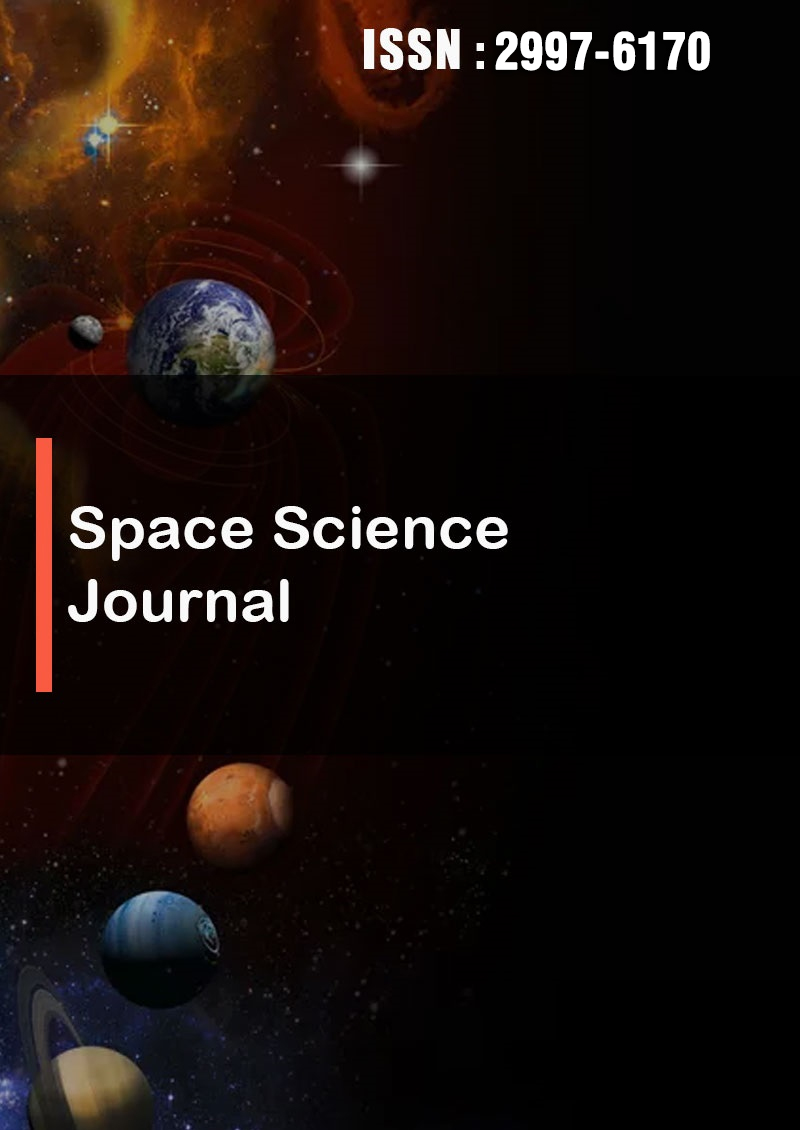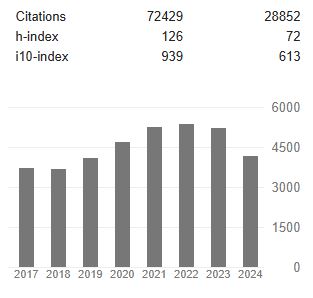Influence of Gravitation on the Origin and Propagation of Electromagnetic Radiation
Abstract
Gocho V Sharlanov
Impressively, against the background of extraordinary advances in physics and technology, the mainstream continues to support the two most obvious delusions in 20th-century physics: "special relativity" and "the accelerating expansion of the universe". Both of these problems are based on a lack of understanding of the nature and behavior of electromagnetic radiation in the gravitational field. In this paper, an attempt is made to present a new approach to this problem. To understand the real fabric of the Universe, to understand the influence of gravitation on the characteristics of light (frequency, wavelength, speed of light in vacuum), we must first be aware of the nature of electromagnetic radiation and the nature of the medium of propagation of electromagnetic radiation. In this respect, as discussed at the 3rd Annual International Conference on Physics, 20 – 23 July 2015, in Athens, Greece, the characteristics of electromagnetic radiation must be considered in two aspects:
• In the “local time-spatial domains in any place of the Universe” (the regions with a uniform intensity of the gravitational field), and
• In the “global physical reality of the Universe” (related to the regions with different intensities of the gravitational field as an infinite set of local time-space domains).
On the basis of the modern achievements of science and the analysis of the behavior of electromagnetic radiation in the local and global physical reality of the Universe, this article contains the following scientific contribution: “Thesis On the Behavior of Electromagnetic Radiation in the Gravitational Field of the Universe”, which should replace the erroneous “postulate of the constancy of the speed of light for all inertial frames of reference”. This thesis also ends the delusion that the speed of light in vacuum measured on the Earth’s surface is the limit speed for the entire Universe.




